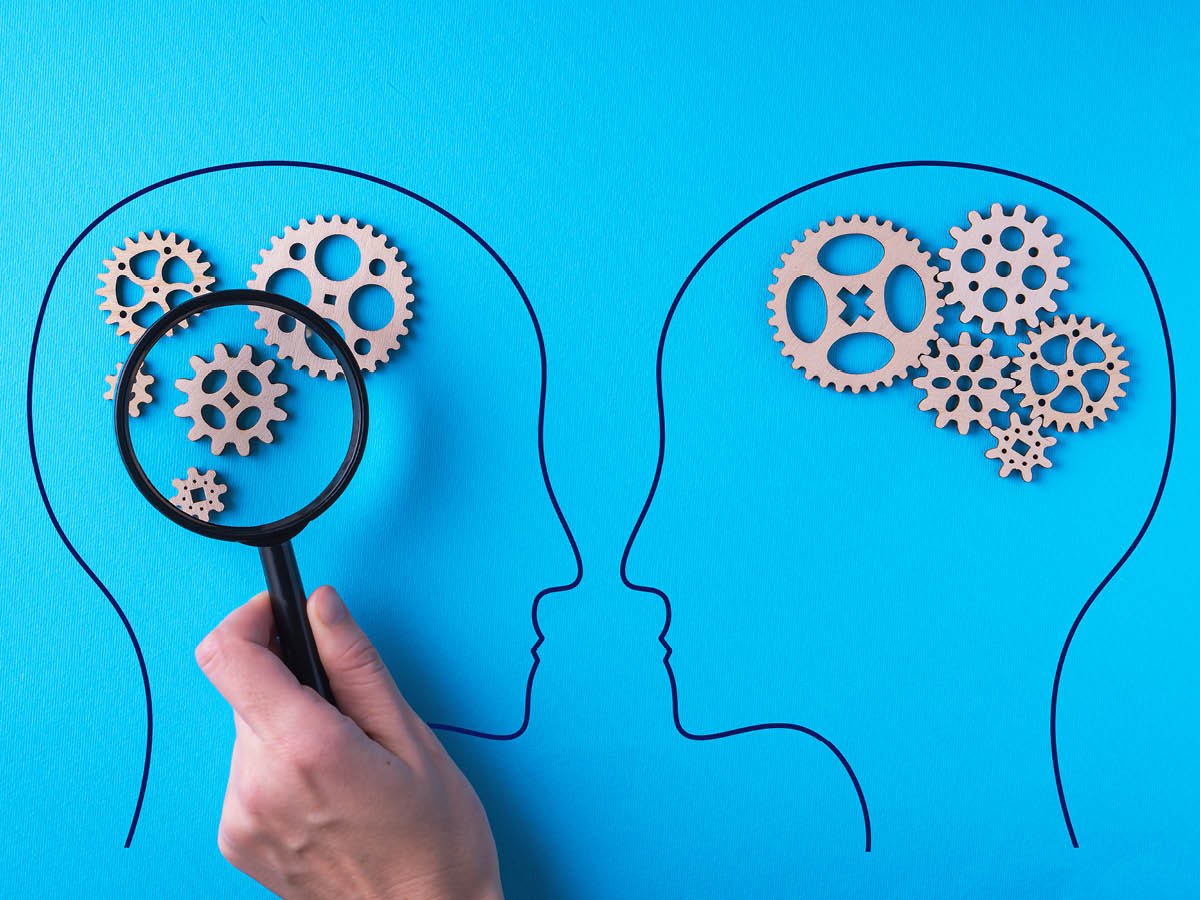
Supporting mental health and emotional wellbeing
PSHE education helps children and young people to understand their own and others’ emotions, develop healthy coping strategies and seek appropriate support. And talking openly about mental health issues is an effective means of breaking down any associated stigma.
Teaching about mental health and emotional wellbeing is also now a requirement as part of statutory Health Education. Our guidance, lesson plans and training will help you cover all statutory content safely, sensitively and in a way that’s appropriate to age or stage of development.
PSHE education equips pupils to adopt healthy behaviours and strategies from an early age, and to seek trustworthy support when they or their friends need it. Protective learning – including good communication, problem-solving, healthy coping skills, resilience and recognising emotions – can reduce the risk of pupils turning to unhealthy coping mechanisms. These factors lay the foundations for more specific learning about mental health later on, including a focus on issues such as depression, anxiety and eating disorders.
Explore lesson plans
Training and events
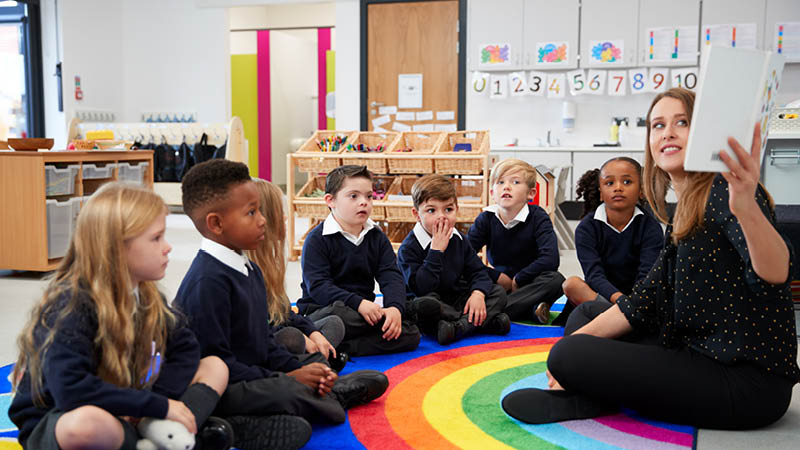
Foundations for Wellbeing: Teaching mental health and wellbeing safely and effectively – primary
Learn how to deliver lessons on mental health and wellbeing safely and effectively, and develop an understanding of what to teach and when.

Foundations for Wellbeing: Building your knowledge and understanding
Explore a variety of mental health trends and factors, and gain a sound understanding of the research and subject knowledge underpinning the Foundations for Wellbeing curriculum.

Foundations for Wellbeing: Developing a whole school approach
Explore what a whole school approach to mental health and wellbeing looks like in practice, who’s involved and how to embed mental health and wellbeing into policies, relationships and routines.
Guidance
Research and evidence
Planning PSHE in your school
-
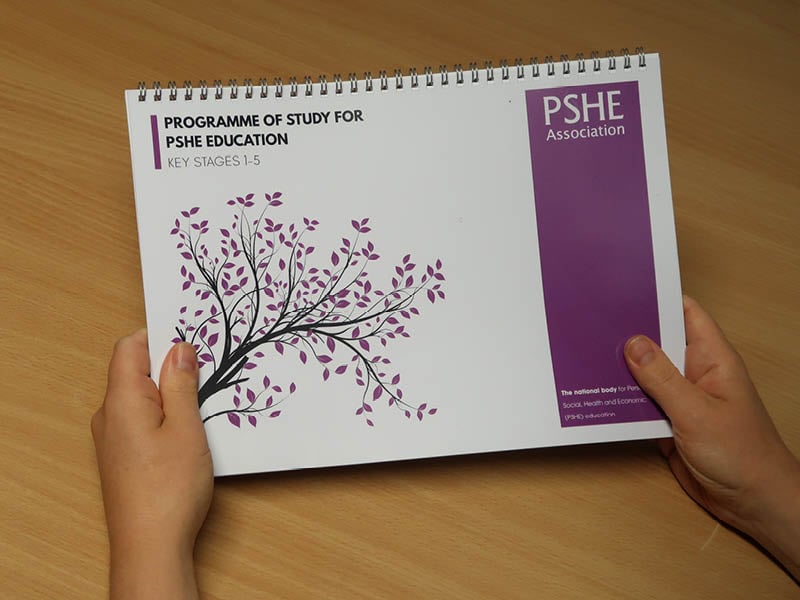 The Programme of Study for PSHE education includes all learning opportunities from KS1-4, so you have clarity on what to cover and when.Use Programme of Study
The Programme of Study for PSHE education includes all learning opportunities from KS1-4, so you have clarity on what to cover and when.Use Programme of Study -
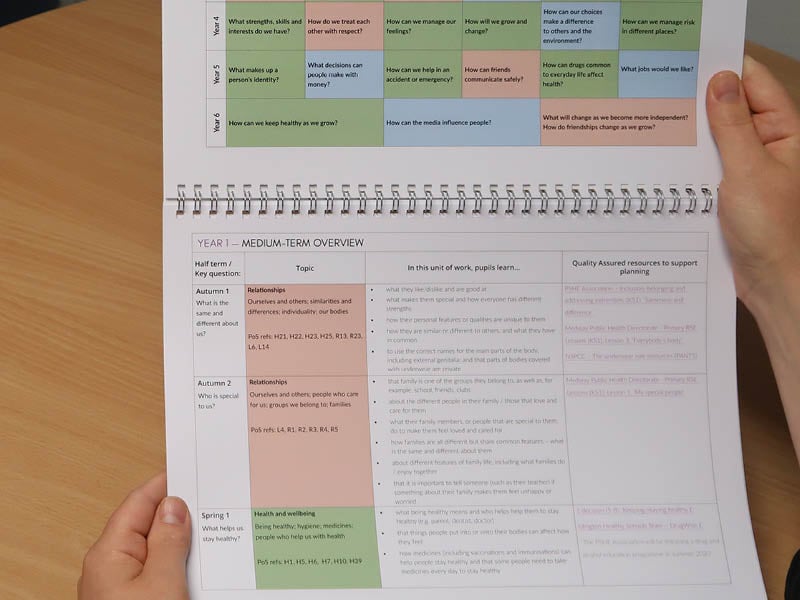 Our Programme Builders help you design an engaging, effective scheme of work, and signpost to quality assured lesson plans to use.Use Programme Builders
Our Programme Builders help you design an engaging, effective scheme of work, and signpost to quality assured lesson plans to use.Use Programme Builders -
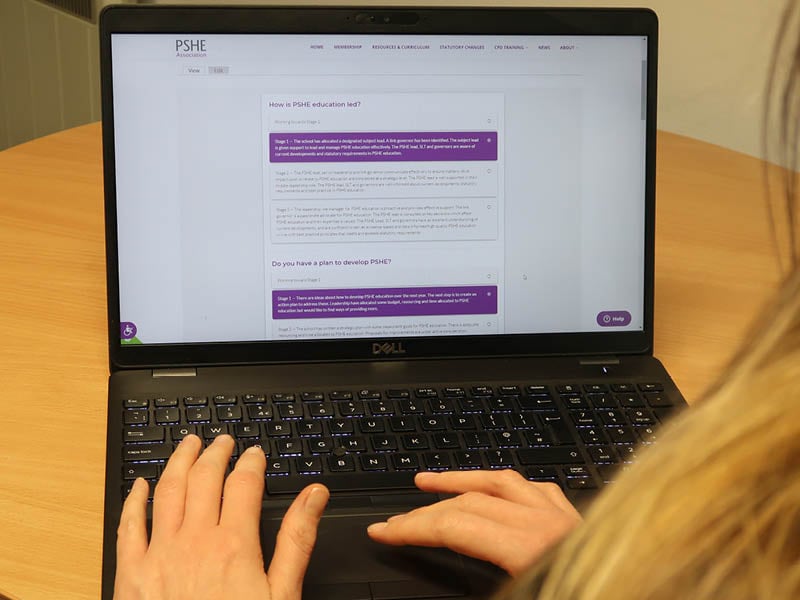 Audit your current provision and get a personalised report with advice on next steps.Get started
Audit your current provision and get a personalised report with advice on next steps.Get started


